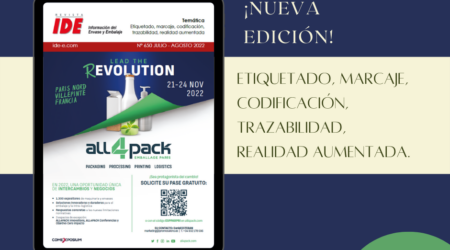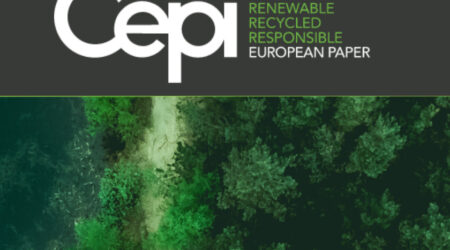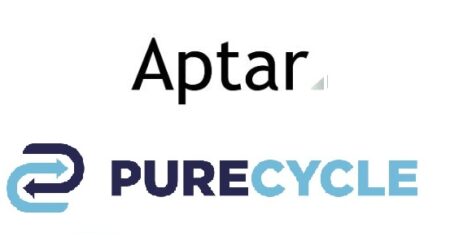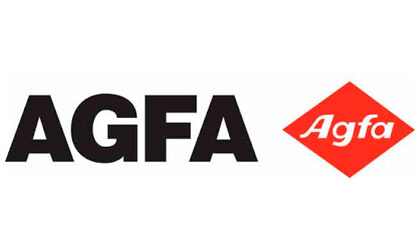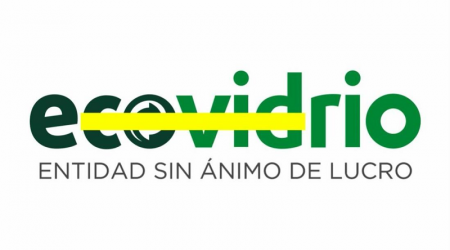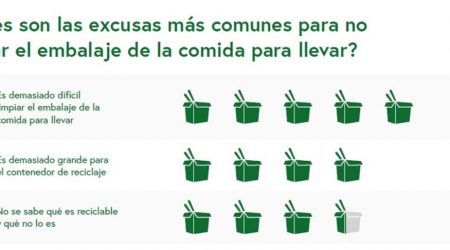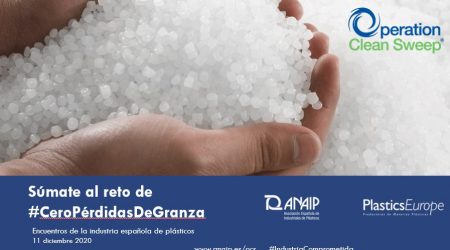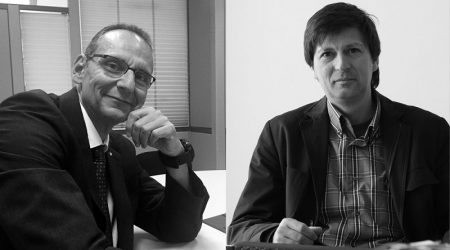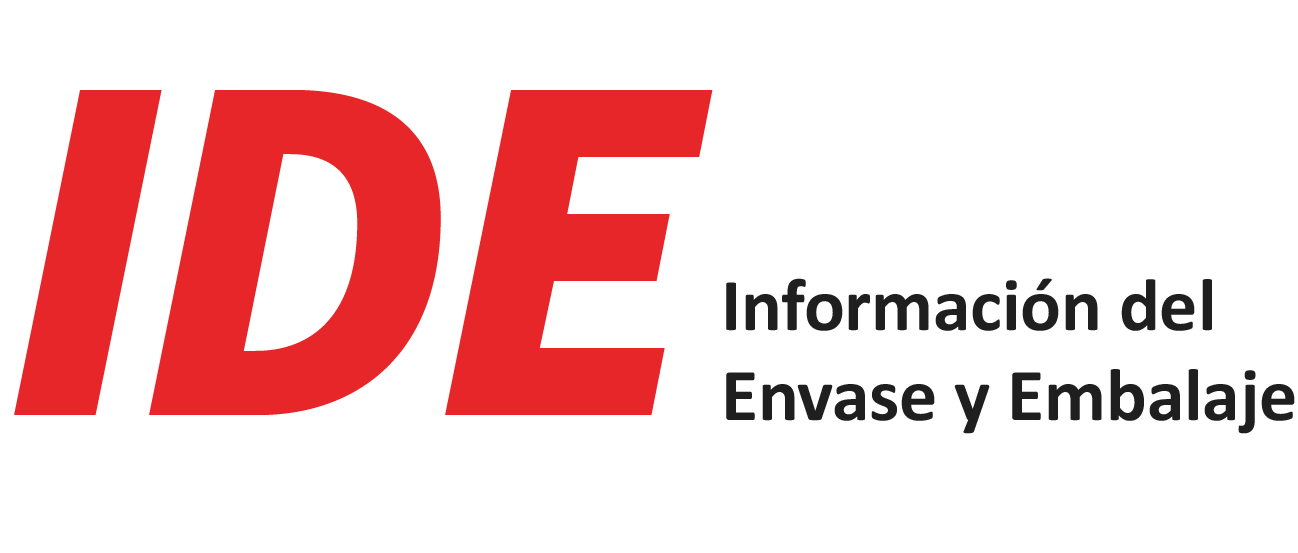Spicing up Oktoberfest: a Bavarian Brand Launches Mustard in Bag-in-Box
Indice
Since Mari-Senf launched a new mustard dispensing system ― designed by Rapak and Asept ― to reduce serving and clean-up time for street food kiosks. Mari-Senf mustard is mostly known as the preferred spread on Germany’s Leberkäse ―a traditional meatloaf from the south of Germany.
Mari-Senf, a family-owned company from Bavaria, Germany, has been producing mustard since 1865. The brand gained popularity thanks to its flavored mustard range in small glass jars and they now work in close collaboration with several top chefs and well-known delicatessen shops in Germany. The company saw the opportunity of expanding to the foodservice market with a new, easy-to-serve Bag-in-Box pump for its mustard. The company partnered with Rapak, part of DS Smith Plastics (UK), and with Asept (Sweden) to develop a perfect packaging and dispensing solution.
The new packaging had to offer a practical way of dispensing mustard for small take-away outlets asthe Germans enjoy traditional Bavarian meats and sausages as a quick lunch at work, at festivals and other outside events. Mari-Senf was looking for a compact, tidy and easy-to-use packaging with less plastic than alternatives.
For this project, Mari-Senf cooperated with Rapak, a global supplier of Bag-in-Box packaging and filling equipment, and Asept, a leading provider of safe and hygienic dispensing pumps and plastic and metal dispensers. This partnership resulted in an innovative Bag-in-Box dispensing system composed of a 2.5 L flexible bag inserted in a reusable plastic container with a pump dispenser. The new solution uses a tamper evident adapter from Rapak that connects the bag to the pump.
The benefits of the new packaging
The new packaging allowed Mari-Senf to become present in the Foodservice channel and was very well received by the street food vendors who remarked on its ease-of-use and long shelf life. The benefits of the new packaging include: extended freshness once opened; less product residues and food waste; enhanced food safety due to no contact of the product with external environment even after opening; savings on time spent filling and cleaning; and better user experience compared to sachets.
Patric Hammarlund, sales and marketing director at Asept says: “I am very proud that Asept and Rapak have found a common solution for a new client; it is a smart packaging solution with a hygienic pump that together improves the cost efficiency and keeps the serving station nice and tidy. I think this will be a winning formula for the future and we look forward to a continued good cooperation with all involved parties”.
Edgar Buren, regional sales director at Rapak, says: “The solution provided by Asept and Rapak has huge plastic waste reduction potential. It eliminates the use of single-use sachets that are at risk of ending up as pollution in the environment or the seas due to littering or poor waste management. It is a major opportunity for sauce producers and fast food restaurants to make their packaging more sustainable”. Almarai is constantly looking for innovation and launching new products to satisfy its customers.




